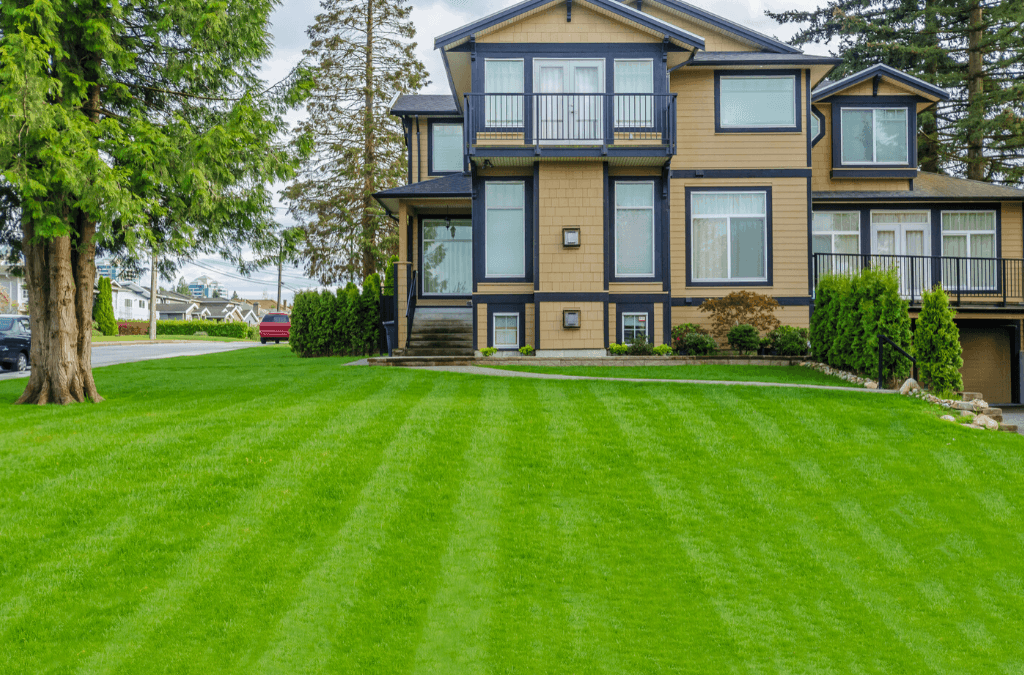Bermuda grass is commonly thought to be the most challenging family of grasses to mow.
Fertilizer for bermuda grass in south carolina.
Bermudagrasses cynodon species also called wiregrass are planted throughout south carolina they are used primarily on golf courses athletic fields tennis courts bowling greens and high quality lawns.
They go dormant over winter return to active growth in spring and peak in dry hot summer weather.
The improved turf type bermudagrass will produce a vigorous dense fine bladed turf that is acceptable for sports.
Warm season grasses such as bermudagrass zoysia grass and bahiagrass thrive in southern regions.
Be sure to mow before the bermudagrass gets taller than 2 inches.
It is a good choice for south carolina because it can adapt to different kinds of soils including soil with salt and sand in the state s coastal areas.
Optimally bermuda grass should be reduced to a height of only one to one and a half inches.
Either way make sure the fertilizer contains slow release.
In fact the seedland website says it is considered the south s grass.
Leave grass clippings on the lawn.
Keeping your lawn lush and healthy requires attention every month of the year.
Warm season grasses include bermuda grass st.
Augustine centipede and zoysia and buffalo.
Knowing what to do and when to do it is essential.
Apply fertilizers uniformly and with care using a centrifugal rotary or drop type spreader.
This is actually because in many cases the incorrect lawn mower is being utilized.
Proper care for a bermuda grass lawn mowing bermuda grass lawns.
Apply half the fertilizer in one direction and the other half moving at right angles to the first pass to ensure thorough and uniform coverage for seeded lawns.
Mowing mow when the lawn first turns green using a reel mower set at 3 4 to 1 inch or a rotary mower set as low as possible without scalping.
A warm season grass known for its hardiness bermuda is used for golf courses athletic fields lawns and in parks.
Bermudagrass cynodon species is an important turfgrass used throughout the southern regions of the united states and into the transition zones where both cool season and warm season grasses are adapted it is known by several common names including wiregrass and devilgrass.
You can use the same complete fertilizer as you have been using or switch to a fertilizer with little or no phosphorus but a higher rate of potassium.
This might be something like 12 4 14 or 12 0 12.
Fertilize the new seedlings approximately six to eight weeks after emergence.
When it comes to when to fertilize your lawn this is the most important factor at playthat determines when the best time is for a feed.
Fertilize your bermuda grass lawn again in late august early september.
Use a low nitrogen high potassium fertilizer such as a 5 10 30 or supplement a nitrogen fertilizer source with 1 pound of potash k2o using 1 6 pounds of muriate of potash 0 0 60 2 pounds of potassium sulfate 0 0 50 or 5 pounds of sul po mag 0 0 22 per thousand square feet.

